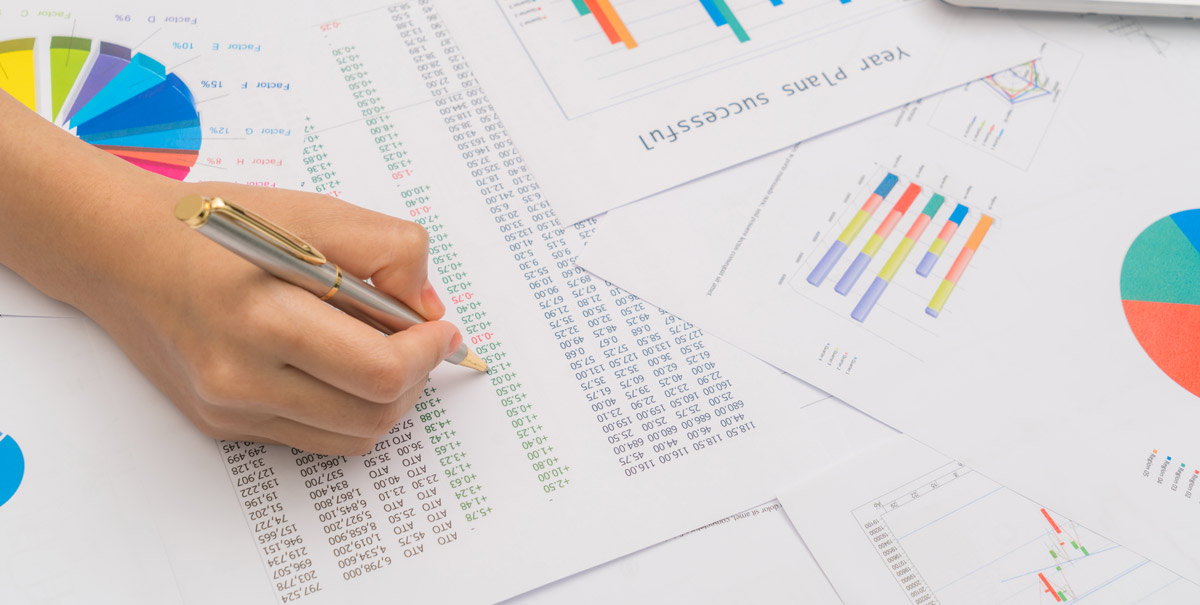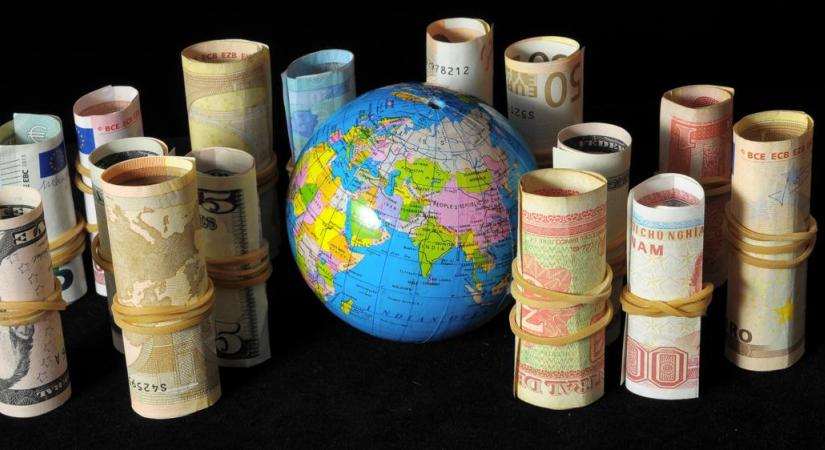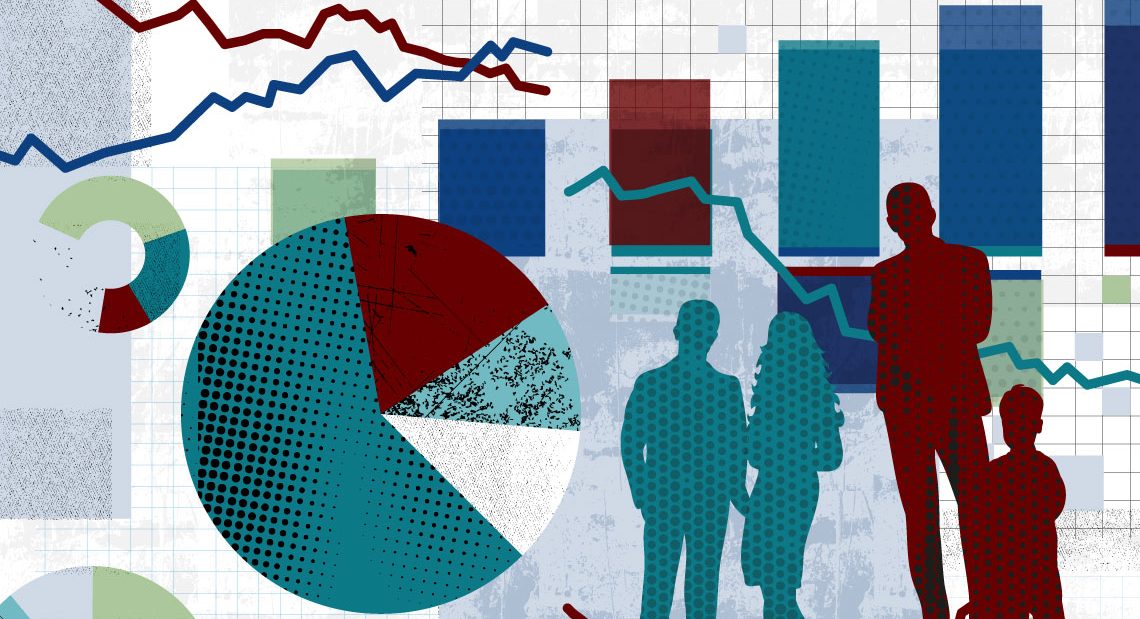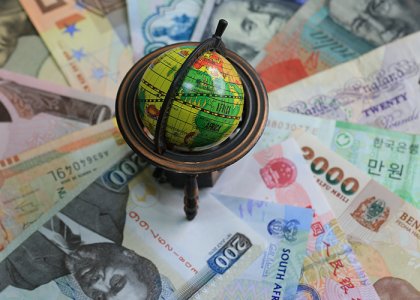Find the Best Dissertation Topics in Behavioural Economics
Are you searching for Behavioural Economics Dissertation Topics? Whether you’re an undergraduate, master’s, or PhD student, choosing the right research topic is essential for a successful dissertation. This guide will help you explore unique and researchable ideas to make your thesis stand out.
Common Questions Students Ask About Behavioural Economics Topics
Students often look for dissertation topics in different ways. Here are some popular questions:
- What are the latest behavioural economics dissertation topics for 2025?
- Can you suggest research topics on behavioural economics and financial decision-making?
- What are strong PhD dissertation topics on consumer behaviour in behavioural economics?
- How can I develop a research proposal on behavioural economics in the UK market?
Introduction
Behavioural economics is a fascinating field that explores how psychology influences economic decision-making. It examines cognitive biases, decision-making processes, consumer behaviour, and market dynamics. Understanding these factors helps businesses, policymakers, and financial institutions make better decisions.
In this guide, we’ll present a variety of behavioural economics dissertation topics to inspire your research. Whether you’re interested in financial decision-making, economic policies, or consumer psychology, these ideas will help you craft a compelling research proposal and dissertation. Let’s dive in and explore the best topics for your academic journey!
Check out our related posts for economics dissertation topics, Psychology dissertation topics, and accounting dissertation topics.
Download Dissertation Samples
Need inspiration? Download high-quality economic dissertation samples to understand how to structure your paper, formulate arguments, and cite sources correctly.
List of Behavioral economics dissertation topics for college students
Behavioral economics dissertation topics focus on the individuals that work within the economies of the world. It is impossible to go on without the involvement of individuals. Therefore, behavioral economics thesis topics have strong connections with the field of psychology as well.
The field of behavioral economics studies and describes economic decision-making. According to its theories, actual human behavior is less rational, stable, and selfish than traditional normative theory suggests.
Behavioral economics subjects are a typical area of study here is the list of topics in Behavioral economics dissertation topics have been enlisted below:
1. Financial Decision-Making and Investment Behavior
- How Cognitive Biases Affect Financial Decision-Making
- The Effect of Anchoring on Investment Choices
- Behavioral Economics and the Stock Market: Predicting Bubbles
- The Psychology of Debt: Why People Borrow
- The Effect of Overconfidence on Investment Decisions
- The Effect of Mental Accounting on Spending Habits
- The Influence of Behavioral Economics on Family Financial Planning
- Studying the Relationship Between Finance and Behavioral Economics: Focus on Subjective Probability
- The Impact of Behavioral Economics on Real Estate Investment
- The Role of Behavioral Economics in Crisis Management
2. Consumer Behavior and Marketing Strategies
- Behavioral Economics in Online Shopping: A Study of Consumer Choices
- The Impact of Behavioral Economics on Marketing Strategies
- The Psychology of Pricing: How Consumers Perceive Value
- How Social Media Influences Consumer Behavior
- The Impact of Framing on Consumer Choices
- The Effect of Loss Aversion on Consumer Behavior
- How Behavioral Economics Explains Impulse Buying
- The Impact of Social Proof on Consumer Choices
- The Influence of Behavioral Economics on Advertising Strategies
- The Effect of Choice Overload on Consumer Decisions
- How Behavioral Economics Explains the Success of Loyalty Programs
- The Role of Behavioral Economics in Reducing Stress
3. Behavioral Economics and Public Policy
- Nudging in Public Policy: Effective or Overrated?
- The Role of Behavioral Economics in Reducing Poverty
- The Role of Behavioral Economics in Tax Compliance
- The Role of Behavioral Economics in Education Policy
- The Role of Behavioral Economics in Preventing Fraud
- The Effect of Defaults on Decision-Making
- Studying the Relationship Between Tax Policy and Behavioral Economics of X Country: A Descriptive Approach
- Regulatory Policy and Behavioral Economics: Understanding the Changing Relationship
- The Role of Behavioral Economics in Disaster Preparedness
4. Behavioral Economics and Health
- How Behavioral Economics Can Improve Health Outcomes
- The Role of Behavioral Economics in Promoting Healthy Eating
- Is Childhood Vaccination Really Required? A Behavioral Economics Perspective
- The Influence of Behavioral Economics on Healthcare Choices
- The Effect of Behavioral Economics on Workplace Safety
- The Role of Behavioral Economics in Insurance Markets
- How Behavioral Economics Can Improve Mental Health Treatment
5. Economic Behavior and Social Norms
- The Role of Social Norms in Economic Behavior
- The Influence of Peer Pressure on Economic Decisions
- Why People Donate: A Behavioral Economics Perspective
- Understanding Charitable Giving Through Behavioral Economics
- The Psychology of Saving: Why Do Some People Save More Than Others?
- The Effect of Present Bias on Long-Term Planning
- The Role of Emotions in Economic Decision-Making
- The Role of Behavioral Economics in Reducing Energy Consumption
- Behavioral Economics and Social Justice: A New Perspective
6. Work, Business, and Productivity
- The Effect of Incentives on Work Performance
- How Behavioral Economics Can Improve Workplace Productivity
- The Impact of Behavioral Economics on Corporate Governance
- Behavioral Economics and the Gig Economy: Understanding Worker Motivation
- The Role of Behavioral Economics in Employee Retention
- The Influence of Behavioral Economics on Parenting Decisions
- How Behavioral Economics Can Improve Job Satisfaction
7. Environmental and Sustainability Applications
- Behavioral Economics and Environmental Conservation: How to Encourage Green Choices
- How Behavioral Economics Can Reduce Food Waste
- The Impact of Behavioral Economics on Climate Change Policy
- How Behavioral Economics Can Improve Recycling Rates
- Correlational Analysis of Behavioral Economics, Environmental Protection, and Climate Change Policy
8. Behavioral Economics and Technology
- Behavioral Economics and Financial Technology: The Future of Banking
- The Role of Behavioral Economics in Online Privacy Choices
- How Behavioral Economics Explains the Popularity of Subscription Services
- Behavioral Economics and the Sharing Economy: A New Perspective
- How Behavioral Economics Explains the Popularity of Streaming Services
9. Gambling, Risk, and Decision-Making Under Uncertainty
- Why Do People Gamble? A Behavioral Economics Approach
- Risk Perception and Decision-Making Under Uncertainty
- Behavioral Economics and Sports Betting
- The Role of Behavioral Economics in Conflict Resolution
- Behavioral Economics and Risk Management: A New Approach
10. Education and Learning
- How Behavioral Economics Can Improve Online Education
- Behavioral Economics and Education: Focus on Potential Opportunities and Challenges
- Effects of Behavioral Economics on the Performance of Community Childcare Centers in X Country
11. Law, Ethics, and Behavioral Economics
- Behavioral Economics and the Law: Focus on X Country
- Ethics in Behavioral Economics: A Review of Empirical Evidence
- Investigating the Effects of Behavioral Economics on Consumer Contracts
12. Behavioral Economics in Specific Industries
-
- The Role of Behavioral Economics in Tourism Choices
- Behavioral Economics and Entrepreneurship: Understanding Risk-Taking
- Studying the Relationship Between Behavioral Economics and the Insurance Industry
- The Role of Behavioral Economics in Urban Planning: Designing Better Cities
- Data-Driven Marketing and Behavioral Economics: A Descriptive Study
Conclusion
Behavioral Economics is a fascinating field that blends economics and psychology to explain why people make the choices they do. Choosing the right dissertation topic in this area is crucial as it will guide your research and help you make a meaningful contribution. With the right approach, you can write a dissertation that is both insightful and impactful. Use the tips above to help you write a strong paper and consider the list of topics to find one that inspires you. Behavioral Economics is all about understanding people, and your dissertation could help others make better decisions in their lives.
Topics Brief Service
If you are unsure about which topic to choose, our Behavioral economic dissertation topic brief service provides a well-researched outline with key points, objectives, and references to kickstart your dissertation.
Paid Topic Consultation Service
You will get the topics first as per the given requirements, and then the brief which includes;
- An explanation why we choose this topic.
- 2-3 research questions.
- Key literature resources identification.
- Suitable methodology with identification of raw sample size, and data collection method
- View a sample of topic consultation service
Get Behavioral Economic Dissertation Help
Struggling with your dissertation? Our expert writers specialize in Behavioral Economic dissertations and can help you with topic selection, research, writing, and editing. Get professional Behavioral Economic Dissertation Help now!
FAQs
1. What makes a good Behavioral Economics Dissertation Topic?
- A good topic should be relevant, interesting, and specific enough to allow for in-depth research. It should also address current issues in the field.
2. How do I choose a topic for my Behavioral Economics Dissertation?
- Start by thinking about what interests you most in Behavioral Economics. Then, do some research to see what topics are being discussed in academic journals and articles.
3. Can I use real-world examples in my dissertation?
- Yes! Using real-world examples can help make your dissertation more relatable and engaging.
4. How long should my Behavioral Economics Dissertation be?
- The length will depend on your school’s requirements, but most dissertations are between 10,000 and 20,000 words. Make sure to check with your advisor for specific guidelines.
List of Related Posts
- 99 Monetary economics dissertation topics for 2025
- Top 99 Economic Geography Dissertation Topics for 2025
- 99 Top Public economics dissertation topics for 2025
- 99+ Top Financial Economics Dissertation Topics for 2025
- 99 Top Experimental Economics Dissertation Topics for 2025
- 99 Top Environmental Economics Dissertation Topics for 2025
- 99+ Top Health Economics Dissertation Topics for 2025
- 99+ Business Economics Dissertation Topics for 2025
- Top 99 Behavioural Economics Dissertation Topics for 2025
- 99+ Top Agricultural Economics Dissertation Topics for 2025
- 99+ Top Development economics Dissertation Topics for 2025
- 99+ Top Managerial Economics Topics for 2025
- 99+ Best Political Economy Dissertation Topics ideas in 2025
- 99+ Economics Dissertation Topics and Research Ideas






